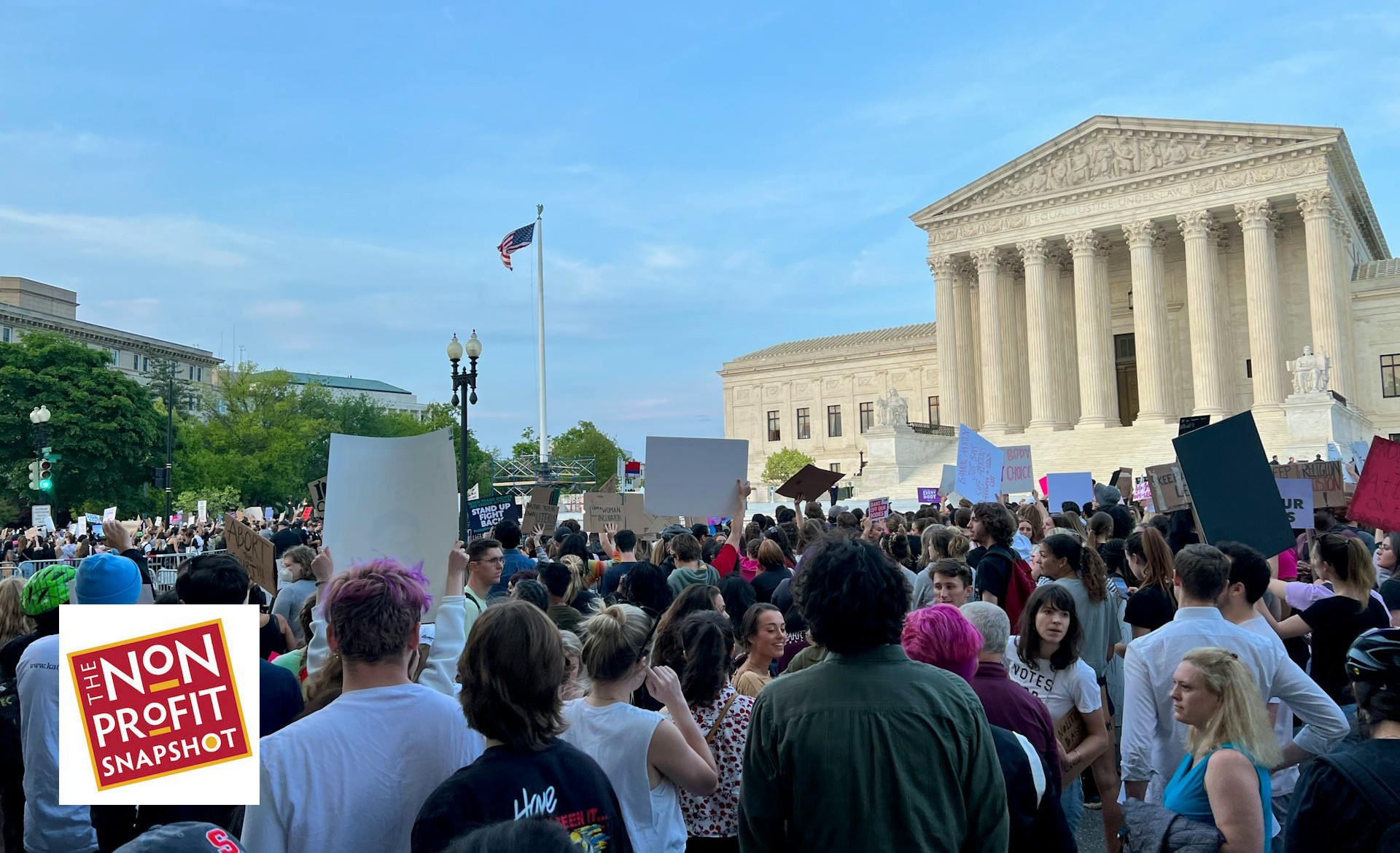Advocacy is a crucial part of the nonprofit sector, allowing organizations to raise awareness, influence policy, and drive social change. However, 501(c)(3) nonprofits must navigate strict legal boundaries to maintain their tax-exempt status while effectively advocating for their causes. Understanding these rules is essential to ensuring compliance and avoiding penalties.
Understanding the Legal Boundaries of Advocacy
The IRS allows 501(c)(3) nonprofits to engage in advocacy, but with restrictions. Nonprofits must distinguish between advocacy, lobbying, and political activity:
- Advocacy: Broadly speaking, advocacy includes raising awareness about issues, educating the public, and mobilizing supporters. This is generally unrestricted.
- Lobbying: Lobbying refers to efforts to influence legislation. While nonprofits can engage in some lobbying, excessive lobbying can threaten tax-exempt status.
- Political Activity: 501(c)(3) organizations cannot support or oppose candidates for public office in any way. Doing so may result in the loss of tax-exempt status.
For more details, the IRS website provides guidance on nonprofit lobbying limits.
Staying Within the Lobbying Limits
While nonprofits can lobby, the IRS limits the extent of lobbying activity:
- The Substantial Part Test: If lobbying constitutes a "substantial part" of a nonprofit’s activities, it risks losing tax-exempt status. The IRS does not define "substantial," but it is often interpreted as exceeding 5%–20% of an organization's total activities.
- The 501(h) Election: Nonprofits can opt into a clearer set of lobbying limits by filing IRS Form 5768. This allows them to spend a percentage of their budget on lobbying activities based on their total expenditures. Learn more about the 501(h) election.
Avoiding Prohibited Political Activity
501(c)(3) organizations cannot engage in partisan political activity, which includes:
- Endorsing or opposing candidates.
- Donating to political campaigns.
- Coordinating with political parties.
- Distributing materials that favor or criticize candidates.
However, nonprofits can host candidate forums or publish voter education materials, as long as they remain neutral. The Bolder Advocacy initiative offers excellent resources on legal advocacy strategies for nonprofits.
Engaging in Issue Advocacy
Issue advocacy is a powerful tool that remains fully within legal boundaries. Nonprofits can:
- Educate the public on social issues.
- Publish research and reports.
- Encourage civic engagement, such as voter registration drives (without endorsing candidates).
- Organize peaceful demonstrations that focus on policy change rather than election outcomes.
A great example is the American Civil Liberties Union (ACLU), which engages in robust advocacy while adhering to legal constraints. Learn more from ACLU’s advocacy efforts.
Keeping Compliance in Check
To ensure compliance while advocating effectively, nonprofits should:
- Track Lobbying Expenditures: If engaging in lobbying, keep records of time, resources, and money spent.
- Train Staff and Volunteers: Educate team members on legal restrictions and best practices.
- Create Advocacy Policies: Develop internal guidelines to clarify what types of advocacy are allowed.
- Consult Legal Experts: Work with attorneys or organizations like the National Council of Nonprofits for guidance.
Balancing Advocacy and Legal Compliance
Advocacy is an essential part of the nonprofit mission, but it must be done legally. By understanding lobbying limits, avoiding political endorsements, and focusing on issue advocacy, nonprofits can remain compliant while making a meaningful impact.
Want to learn more about nonprofit advocacy strategies? Check out our previous blog on How Nonprofits Can Safely and Legally Organize a Protest.
Contact Us
Share your insights and comments with us on our Nonprofit Snapshot page on LinkedIn.
